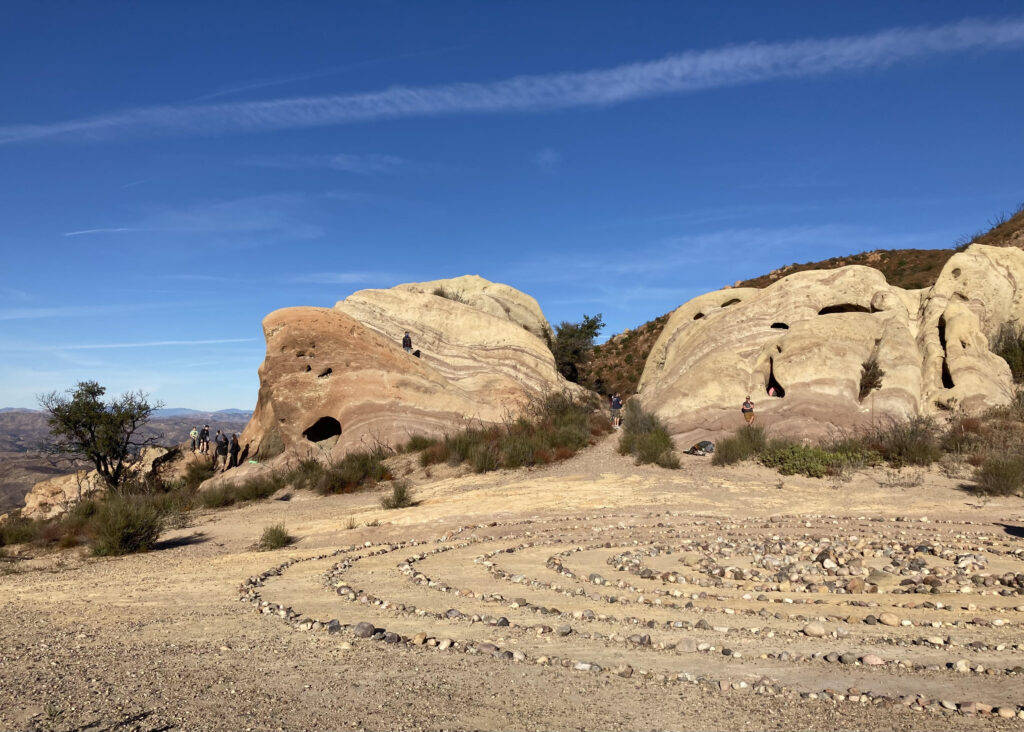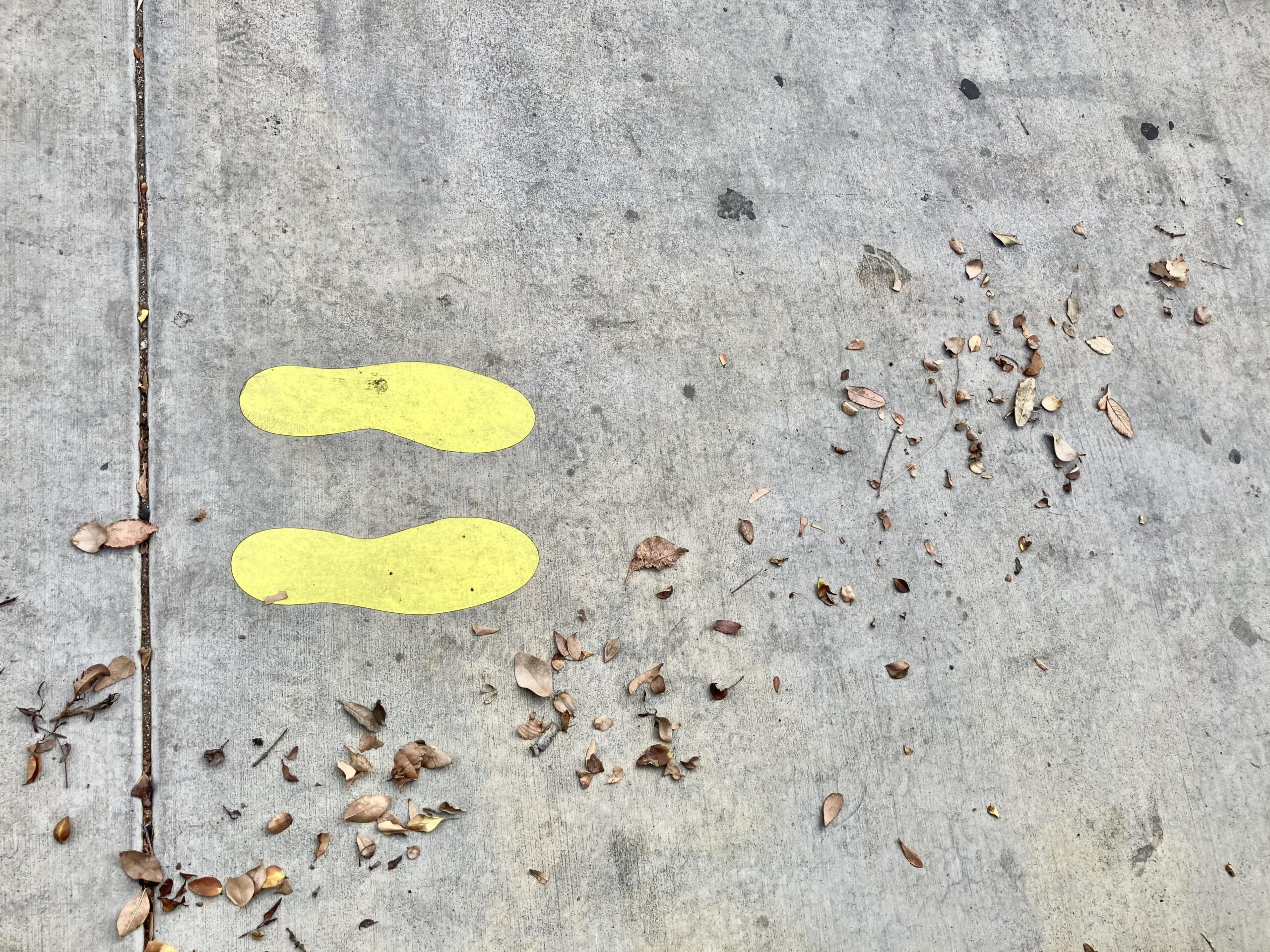On the last day of the longest year, I woke up with a peculiar anxiety. It wasn’t a concern about any of the many obvious matters I could/should be concerned with these days: the death toll of the pandemic, the growing effects of climate change, the disintegration of our democracy, the injustice of racism, the detriments of loneliness, or even money. Rather, the thought was a harrowing self-recrimination, an evil earworm with an echoing six-word accusation: What have you done this year?
It startled me. What had I done this year? I couldn’t immediately recall.
Did I do anything of value? Did I do anything at all? Did doing even happen? In this brief, but potent barely post-dreamworld moment of alarm, I saw in my mind a short series of reflective—and mostly boring—scenes: standing in long grocery lines, incessantly sanitizing my hands, walking outside more than I ever have before, but with no real destination. I saw countless hours spent inside the four walls of my 13-inch laptop, evenings lost to burning the midnight oil with Netflix, and a neck that ached as I adjusted to the ergonomics of teaching classes through Zoom.
But mostly I saw big gaping holes in my life, sections cut out with … what? Opportunities missed? Endeavors unrealized? Inside myself I could feel only a clogged artery of the spirit, an unanswered question lingering in my belly. I knew I had aged a year, but I couldn’t locate the year. I could taste and smell 2020 (which I suppose is good news these days), but I couldn’t actually remember it.
So I took out a journal and started listing months, one by one, starting with January, 2020.
The Before Time.
We were so casual in January. Absentmindedly hanging out in coffee shops, seeing friends for dinner, complaining about (or, perhaps, taking) the SF tech buses, scheduling game nights, and pub crawls, or dropping in on art house movies and AA meetings. Dating a new person or splitting from an old one. Working hard at the start of the year with the hopes of vacation in the spring.
I tackled January, writing down anything I could remember—my main pursuits, emotions, activities, and relationships. Then February. Then March. And so on. In the background, the impeachment trials; the pandemic mayhem; the anti-racism protests; the fires turning the sky orange; the mass exoduses from the cities by those who could, and the frantic unemployment claims of those who couldn’t; the permanent closing of restaurants, bars, barber shops, yoga studios; the deaths of Boseman and RBG; the absurdly long and grueling election. In the foreground, the fear, the confusion, the tactical and emotional losses and victories; the scuffles with people, with my cat, with myself in isolation; the days I’d fallen apart and the people, communities, and practices that had pulled me back together. My prose wasn’t sophisticated in the retelling. This wasn’t about writing a memoir. It was about the simple task of remembering.
Hard times like these, they are traumatic, they make our memory slippery—replaying the same moments again and again, or removing large swaths of experience from easy recall. Blurred recollection is a protective mechanism, but it also creates an incomplete picture that consists of particularly painful moments and big, empty spaces.
Remembering properly is part of healing. Fleshing out the narrative, painting ourselves whole. Remembering is how we honor those who didn’t live through this year to remember it; it’s how we remind ourselves that we are still real, even if we have lost our jobs, lost touch with our communities, or haven’t had physical contact with another person in months. Remembering is how we make meaning of our lives, and how we continue on with them.

By reviewing each month in detail, I remembered not only the great toilet paper crisis, but also the way I rose to the challenges of the year, the people whose lives I touched, the herculean efforts that were necessary to do anything from planting a small garden behind my building to keeping my business alive to filling up my tank with gas. I remembered how many times I stood at the door of something that should have been a simple decision and struggled to walk through. I remembered a year of making impossible decisions every single day based on limited information and rapidly changing conditions.
All of this remembering reminded me of the song from Jonathan Larson’s musical Rent called “Seasons of Love.” I’m outing myself as a theater dork from the ‘90s, but maybe you know the one. The song’s lyrics ask us to reflect on the passing of 525,600 minutes, the amount of minutes in a year. The central question of the song: How do you measure a year?
It’s not a coincidence that this song came to mind. For one, it’s performed in a scene that takes place on New Year’s Eve. But maybe more importantly, it takes place during a pandemic where half of the friend group is dying from AIDS. They know how precious life is, and they want so desperately to make every moment count. But they can’t. They are generous with one another and also sensitive and stingy. They have artistic successes, but also creative blocks and ethical missteps. They deepen some relationships and impulsively break off others. Their hearts widen and break and widen again. And by the end of the play, just a little, they grow.
Maybe we have, too.
As I take stock of 2020, I know that, simultaneously, I both did and did not make the most of the year. Despite my best intentions, I misspoke at times, mucked up a few opportunities, watched too much TV, and got upset over things that were out of my hands. I also managed to learn a lot about love and oppression, to take big emotional risks, to show up for more than a few people, and to stay alive. And so did you.
The calendar year is arbitrary: There’s nothing special about January 1. But the rotation of the Earth around the sun is not arbitrary. It’s a process that takes 365 sunrises and sunsets. Five hundred twenty five thousand six hundred minutes. It’s worthy of marking at some juncture, and the calendar new year is as good a time as any. It may be tempting to toss the last year into a collective sea of amnesia, but we don’t get to do that. Not if we want to stay whole. That year, like any year, is now part of each of us. We have to integrate it and learn from it. We have to remember it.



